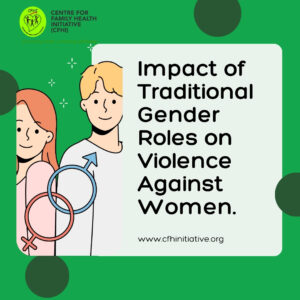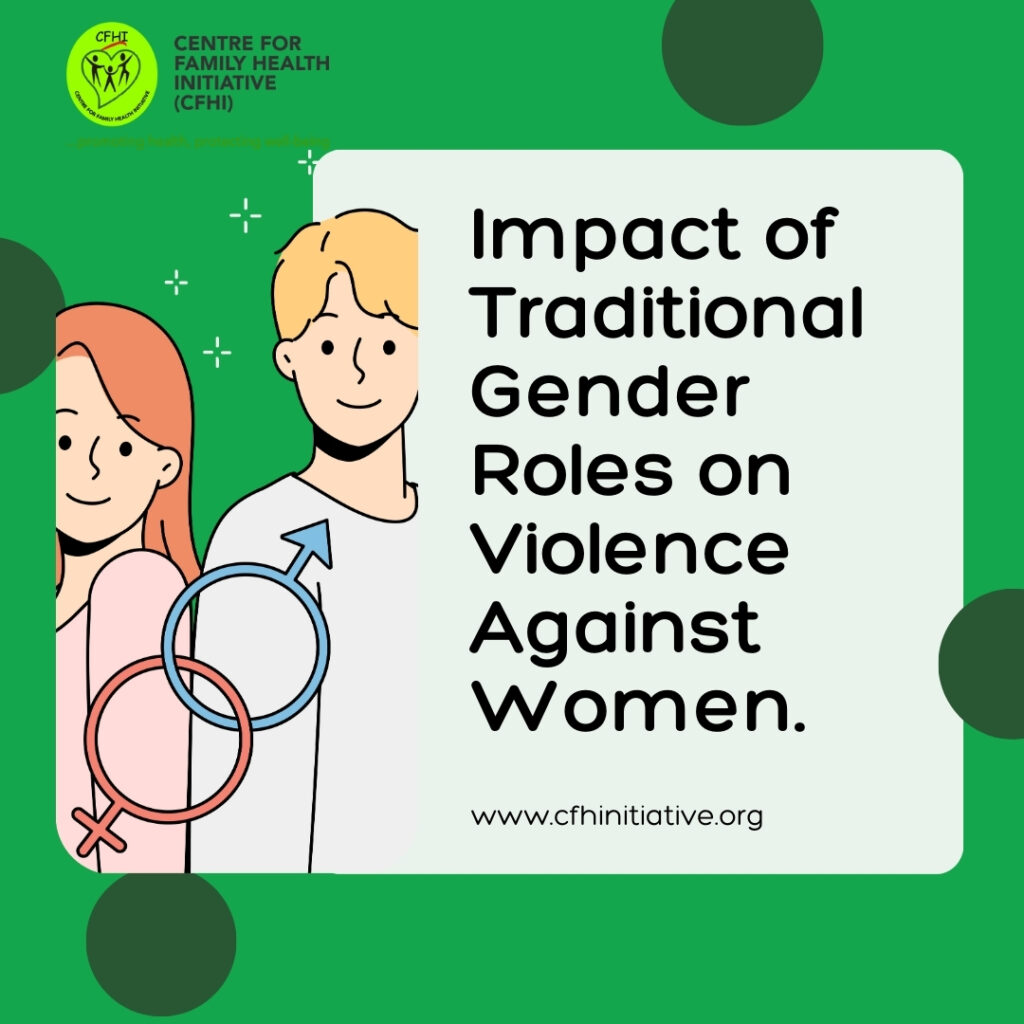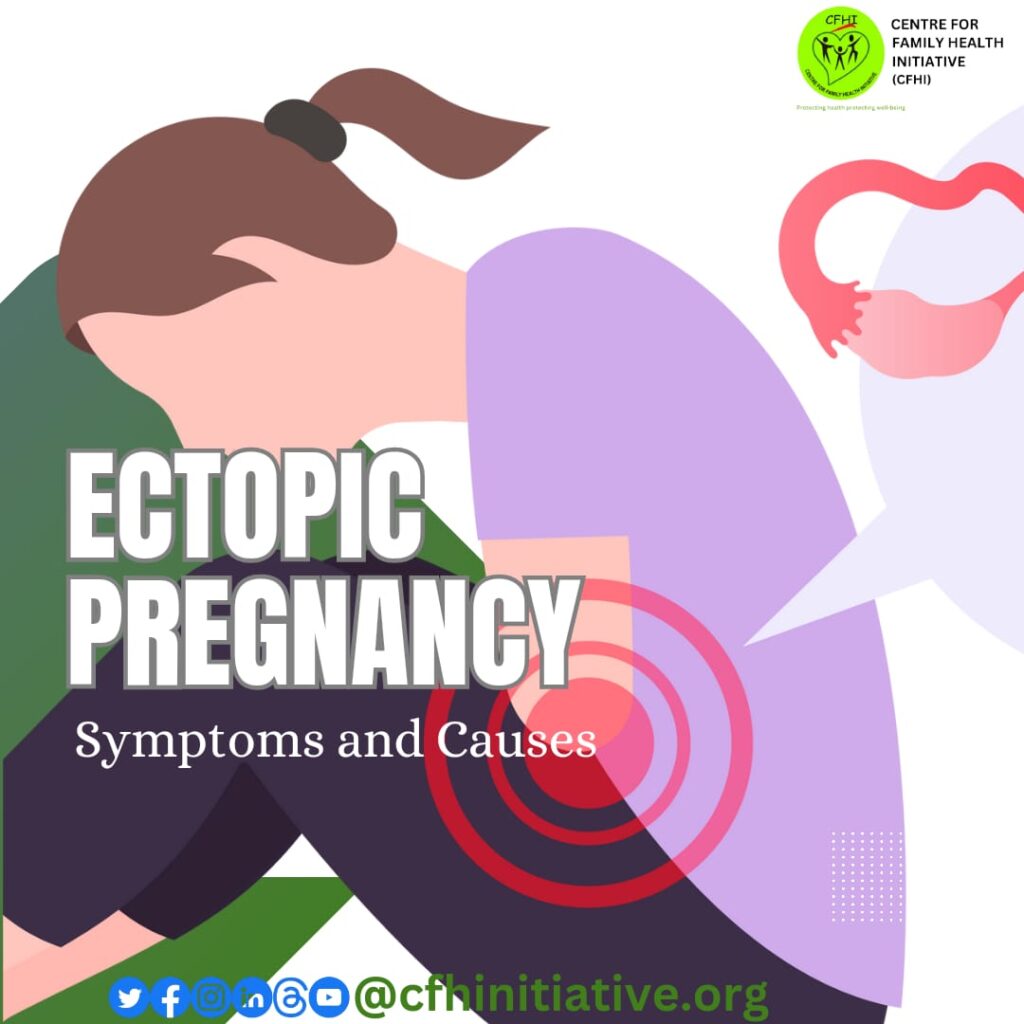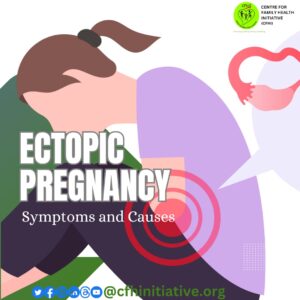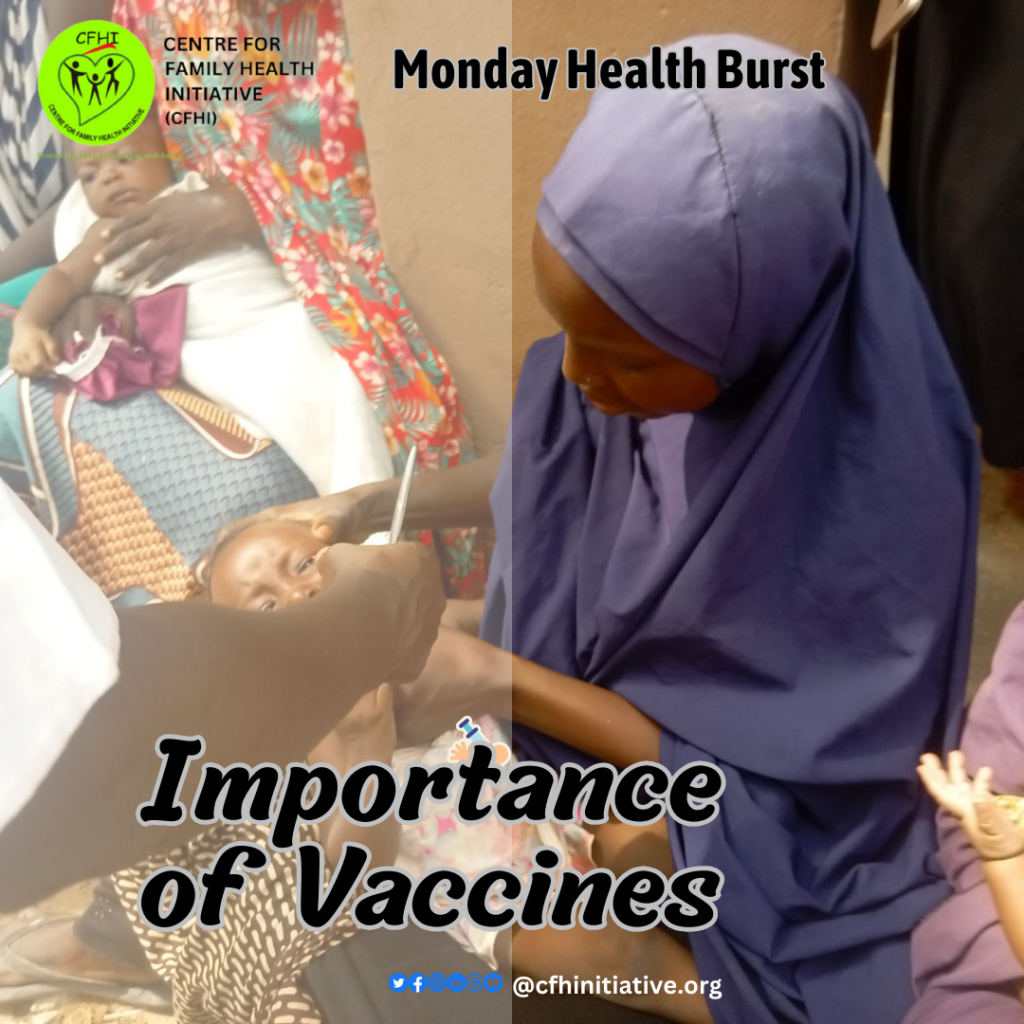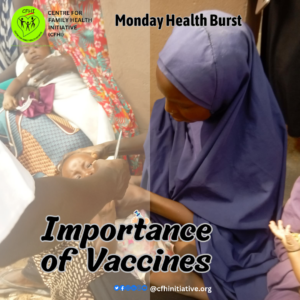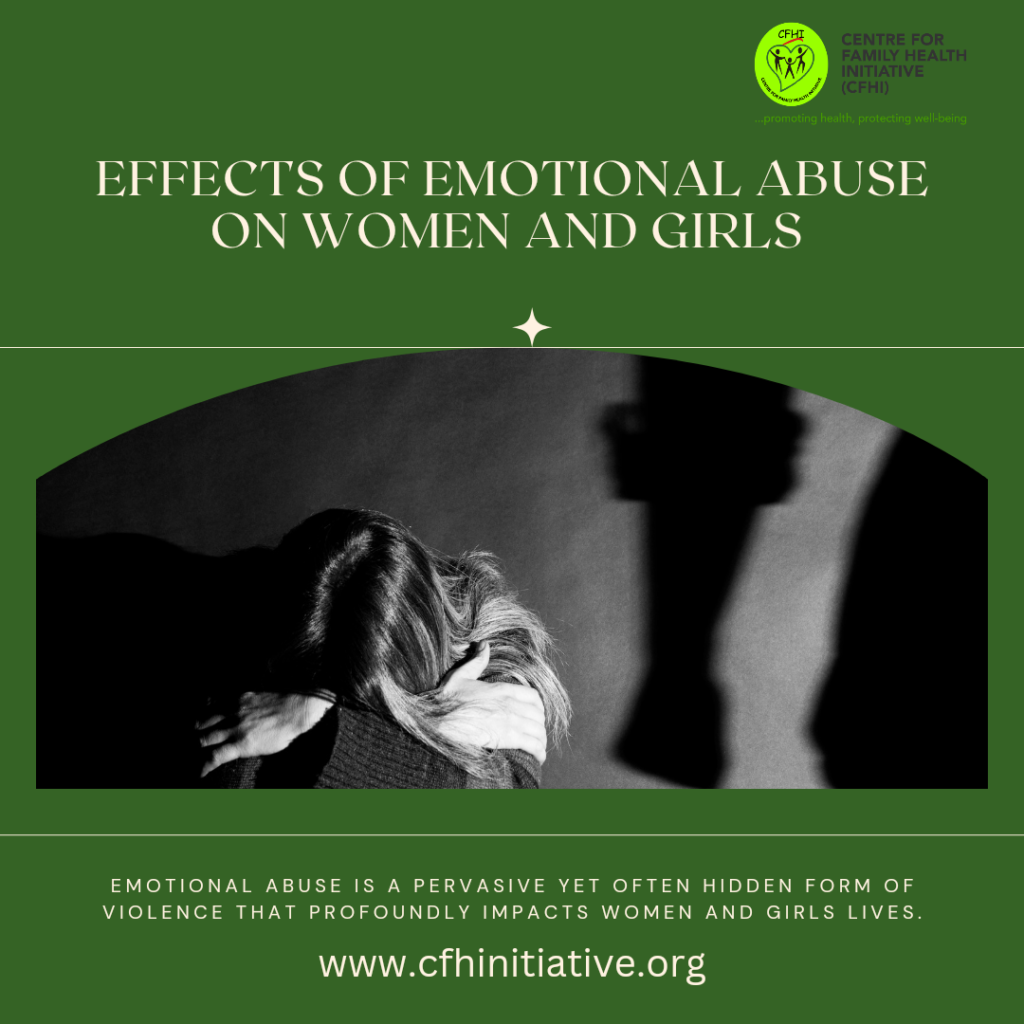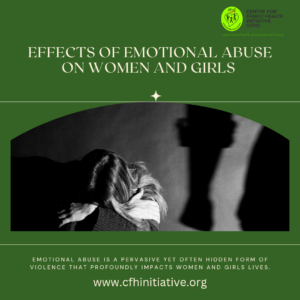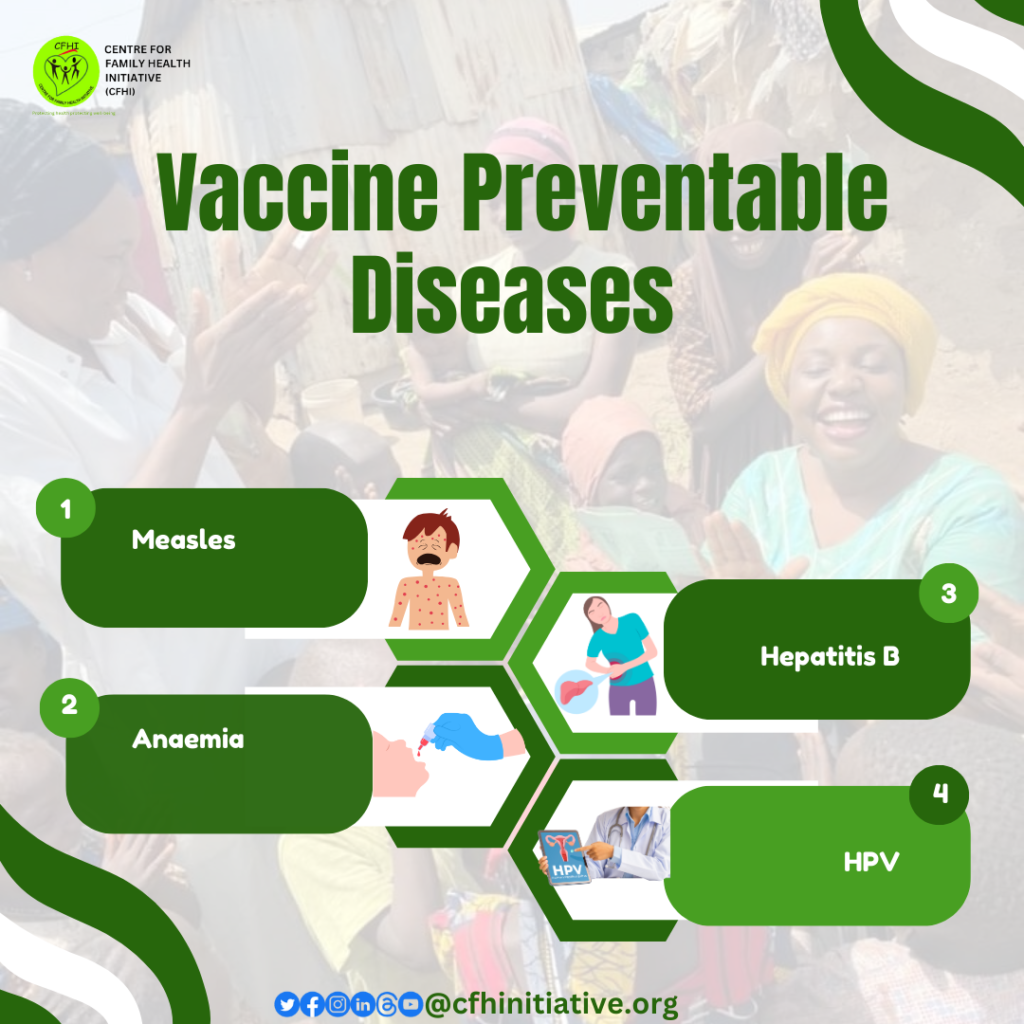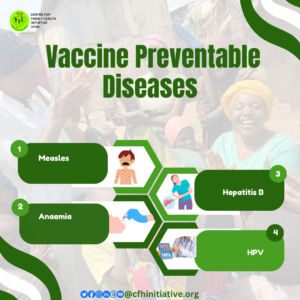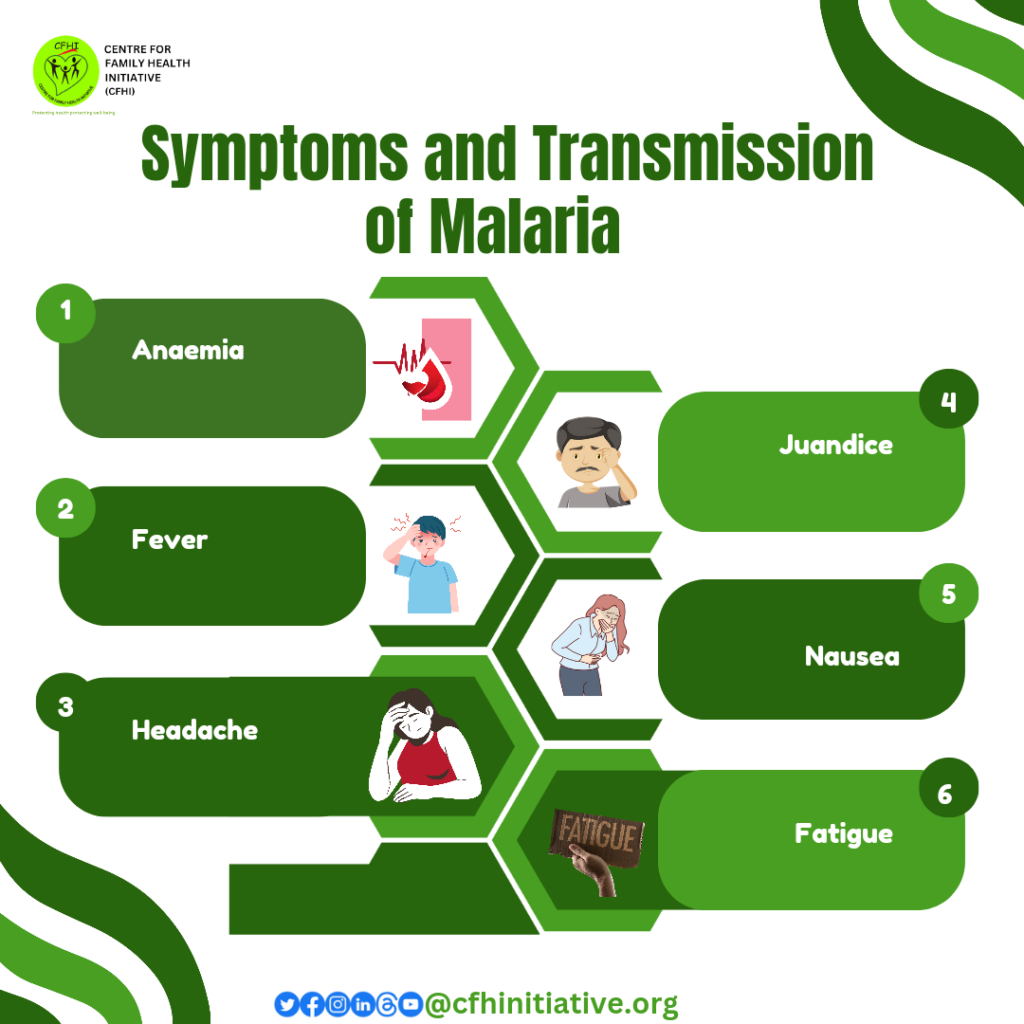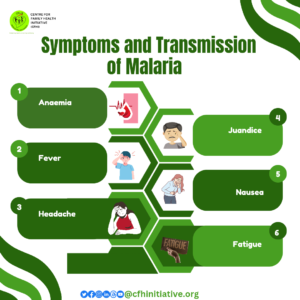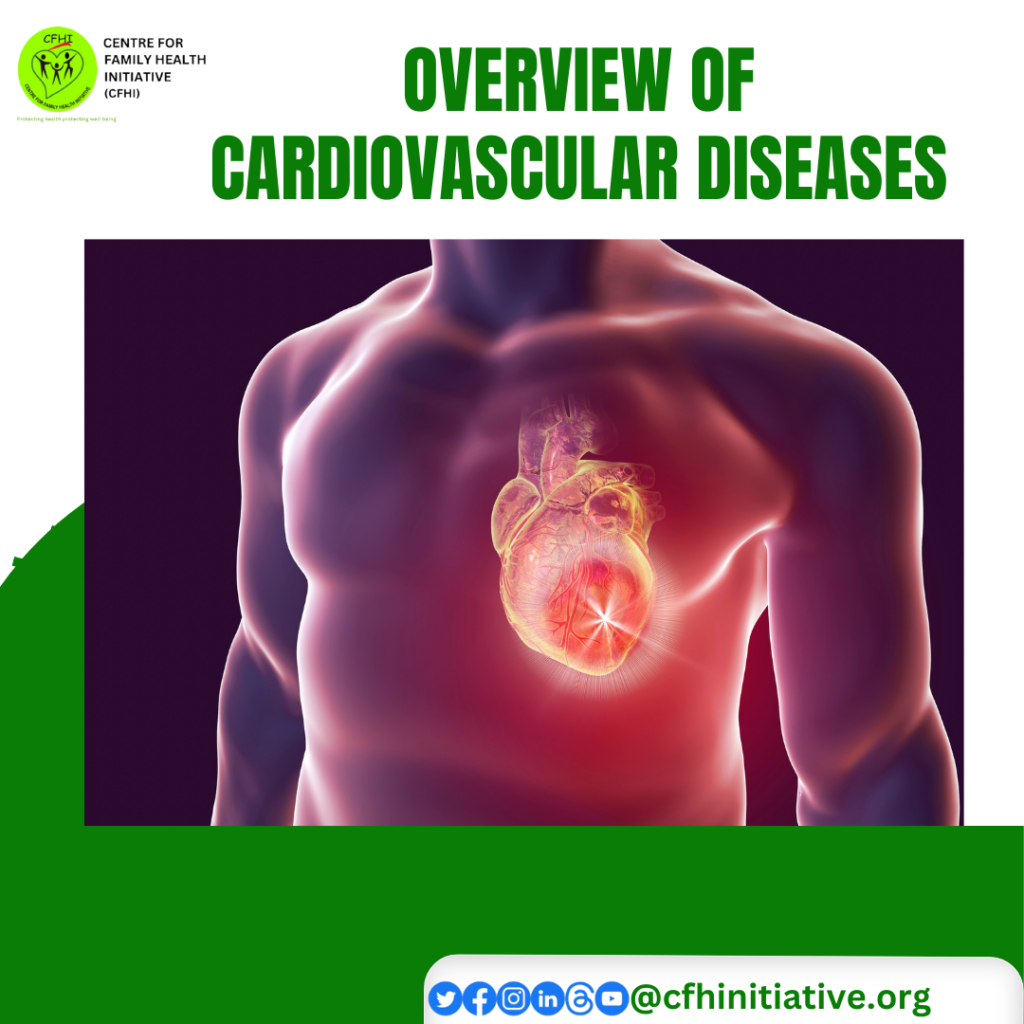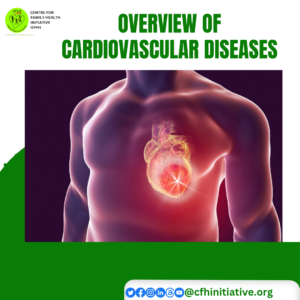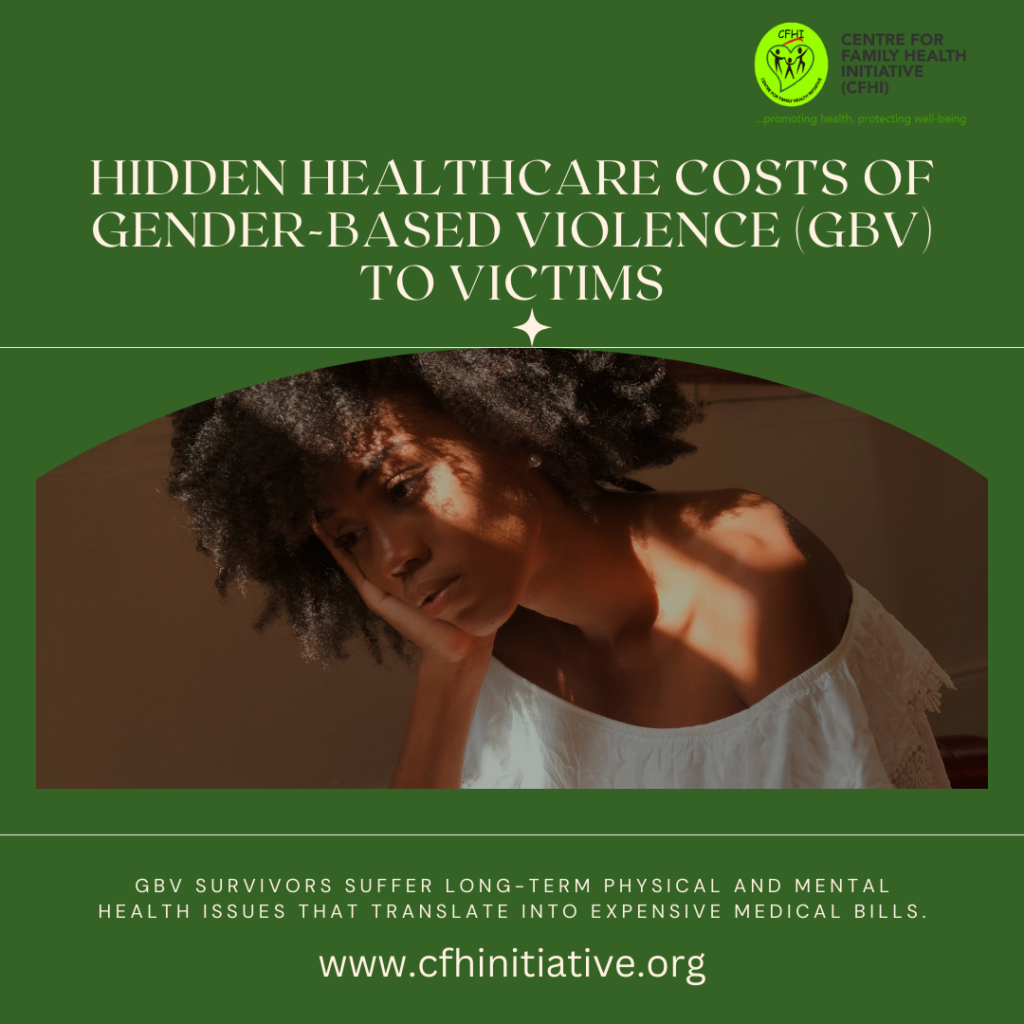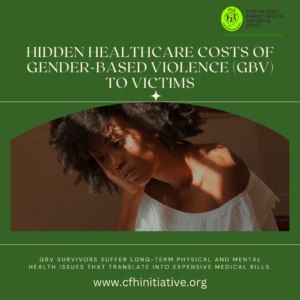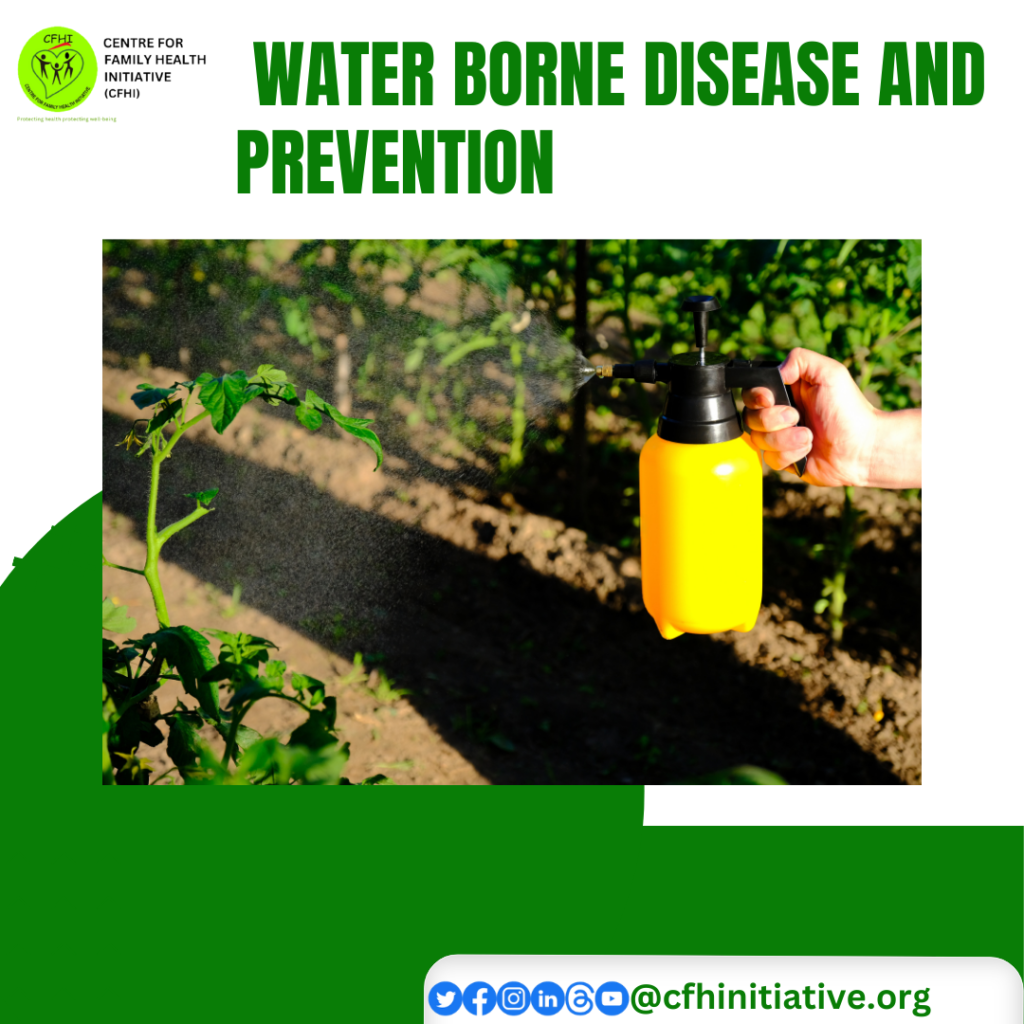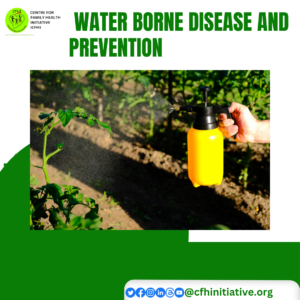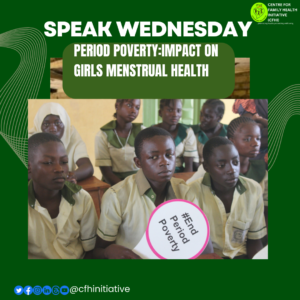SPEAK WEDNESDAY ON HOW TRADITIONAL GENDER ROLES CONTRIBUTE TO A CULTURE OF VIOLENCE AGAINST WOMEN AND GIRLS
Gender-based violence is a pervasive global issue rooted in entrenched social norms and power structures. gender roles play an important role in perpetuating a culture where violence against women and girls is normalized, tolerated, and even condoned.
At the heart of traditional gender roles lies the concept of patriarchy, where men hold primary power and authority while women are relegated to subordinate positions. Patriarchal societies uphold rigid gender norms that dictate women’s subservience, passivity, and dependence on men. This power dynamic not only reinforces the belief that men are entitled to control women but also justifies violence as a means of asserting dominance and maintaining control.
According to UN Women, patriarchal norms perpetuate violence against women by fostering a culture of impunity for perpetrators and silencing survivors. The prioritization of male honour over the rights and well-being of women and girls further exacerbates the prevalence of violence in such societies.
From a young age, girls are socialized into prescribed gender roles that dictate acceptable behaviours, interests, and aspirations based on their gender. UNICEF emphasizes that gender stereotypes perpetuate harmful attitudes and beliefs that contribute to the normalization of violence against women and girls. Boys are conditioned to equate masculinity with dominance, aggression, and control, while girls are taught to prioritize compliance, submission, and caretaking roles.
These gendered expectations create a fertile ground for the justification and perpetration of violence. Boys who don’t fit the mould of the stereotypical masculine may become the target of bullying and social exclusion, which makes them turn to violence as a way to maintain their masculinity and social standing. Similarly, girls who challenge gender norms may face backlash and punishment, further reinforcing the cycle of violence and oppression.
In conclusion, traditional gender roles play a significant role in perpetuating a culture of violence against women and girls by reinforcing patriarchal power dynamics, perpetuating harmful stereotypes, exacerbating economic disparities, and intersecting with other forms of discrimination. It is crucial to question and alter these deeply ingrained gender norms, empower women and girls, and advance gender equality at all societal levels to effectively confront and prevent violence.
Speak Wednesday is an initiative of CFHI to address issues around gender-based violence and gender bias.
#SpeakWednesday #GenderRoles #StopGBV #StopGenderStereotype #Girlsrights #WomenRights #genderequality #genderbias
